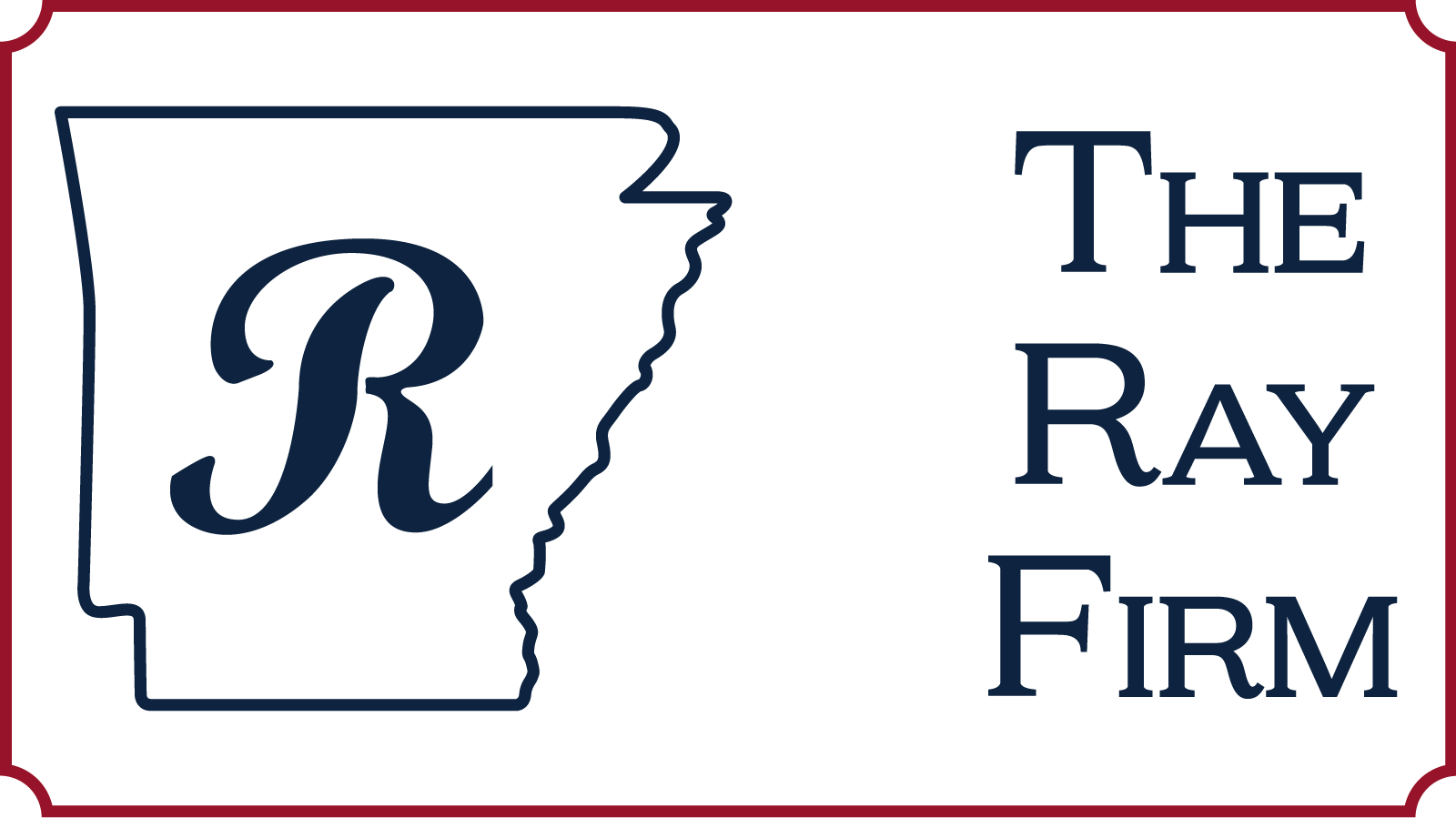Navigating Insurance Coverage: What You Need to Know After an Injury
In the aftermath of your injury comes the confusion and frustration that can accompany navigating insurance coverage. Understanding how insurance policies come into play can be crucial in securing the compensation needed to recover and move forward. In this article, I'll shed light on key aspects of insurance coverage to help you make informed decisions during this challenging time.
Understanding Your Insurance Policies:
- Health Insurance:
- In-Network vs. Out-of-Network Coverage: Knowing whether your healthcare providers are in-network can significantly impact your out-of-pocket expenses.
- Deductibles and Copayments: Understanding your policy's deductibles and copayments will give you clarity on your financial responsibilities for medical treatment.
- Coverage Limits: Familiarize yourself with any limitations on coverage, such as annual or lifetime maximums, to avoid unexpected surprises.
- Auto Insurance:
- Personal Injury Protection (PIP): In Arkansas, your auto insurance policy may include PIP coverage, which can help cover medical expenses and lost wages regardless of fault.
- Liability Coverage: Liability insurance pays for damages to other parties if you're at fault in an accident, including their medical expenses and property damage.
- Uninsured/Underinsured Motorist Coverage: This coverage protects you if you're injured by a driver who doesn't have insurance or doesn't have enough coverage to fully compensate you.
- Homeowners or Renters Insurance:
- Liability Coverage: Your homeowners or renters insurance may provide liability coverage if someone is injured on your property, covering their medical expenses and potential legal fees.
- Personal Property Coverage: If your personal belongings are damaged or stolen due to a covered event, such as a fire or burglary, your policy may reimburse you for their value.
Dealing with Insurance Companies:
- Communicating Effectively:
- Be Truthful and Accurate: Provide honest and accurate information when reporting the accident or filing a claim to avoid potential issues with your coverage.
- Document Everything: Keep detailed records of all communication with the insurance company, including emails, letters, and phone calls.
- Review Your Policy: Take the time to review your insurance policy carefully so you understand what is covered and what isn't.
- Negotiating Fairly:
- Don't Accept the First Offer: Insurance companies may offer a low settlement initially in hopes that you'll accept it. Consult with a personal injury lawyer to ensure you're being offered fair compensation.
- Provide Evidence: Gather evidence to support your claim, such as medical records, photographs of the accident scene, and witness statements, to strengthen your negotiating position.
- Know Your Rights: You have the right to reject an inadequate settlement offer and pursue legal action if necessary to obtain the compensation you deserve.
Seeking Legal Guidance:
When dealing with insurance companies and navigating the complexities of personal injury claims, having a skilled legal advocate on your side can make all the difference. A personal injury lawyer can protect your rights and maximize your compensation. From negotiating with insurance adjusters to representing you in court if necessary, your lawyer will handle all aspects of your case, allowing you to focus on your recovery.
In conclusion, understanding insurance coverage and working with a skilled personal injury lawyer are essential steps in pursuing the compensation you deserve after an injury. By being informed and proactive, you can protect your rights and secure the resources needed to rebuild your life.


